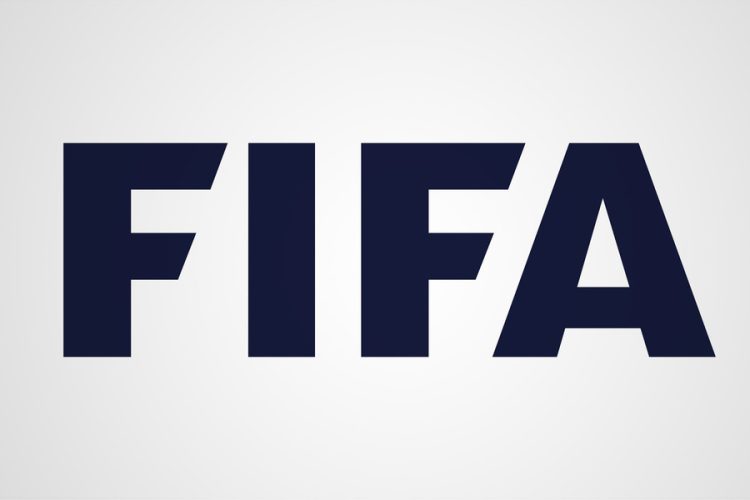Former Accra Hearts of Oak Technical Director, Rene Hiddink, has taken fresh legal steps in Ghana to recover a six-figure debt the club owes him, following a FIFA decision that went in his favour earlier this year.
The Dutch coach has filed a motion at the Tema High Court seeking to register and enforce a FIFA Players’ Status Chamber ruling that ordered the Ghanaian giants to pay him $146,400 for breach of contract. The FIFA decision, delivered on June 24, 2025, found Hearts of Oak liable for unpaid earnings and benefits due to the former Technical Director after his premature exit from the club.
According to court filings submitted by Hiddink’s lawyer, Theophilus Tawiah Esq. of Nobisfields Chambers, the case is being pursued under Section 59 of Ghana’s Alternative Dispute Resolution Act, 2010 (Act 798). The provision allows international arbitration awards, including those issued by FIFA, to be recognised and enforced by local courts.
FIFA hits Hearts of Oak with transfer embargo over unpaid Rene Hiddink debt
Hiddink, who was appointed in late 2022 to lead Hearts’ technical restructuring and modernisation agenda, left the club in mid-2023 amid disputes over the execution of his contract. Reports suggest the Phobians defaulted on key financial obligations, prompting the Dutchman to seek intervention from FIFA.
Following months of proceedings, FIFA instructed the Accra-based club to pay $146,400 in compensation. However, Hearts’ continued failure to comply has now pushed Hiddink to escalate the matter domestically.
Should the High Court grant his application, the FIFA ruling will effectively carry the same weight as a Ghanaian court judgment, empowering Hiddink to initiate recovery actions such as freezing bank accounts or seizing club assets if payment is still not made.
The case is slated for hearing later in October 2025, though a specific date has not yet been scheduled. Hearts of Oak have yet to issue a formal statement on the matter, but insiders reveal that the club’s legal representatives are preparing to contest the enforcement bid in court.






